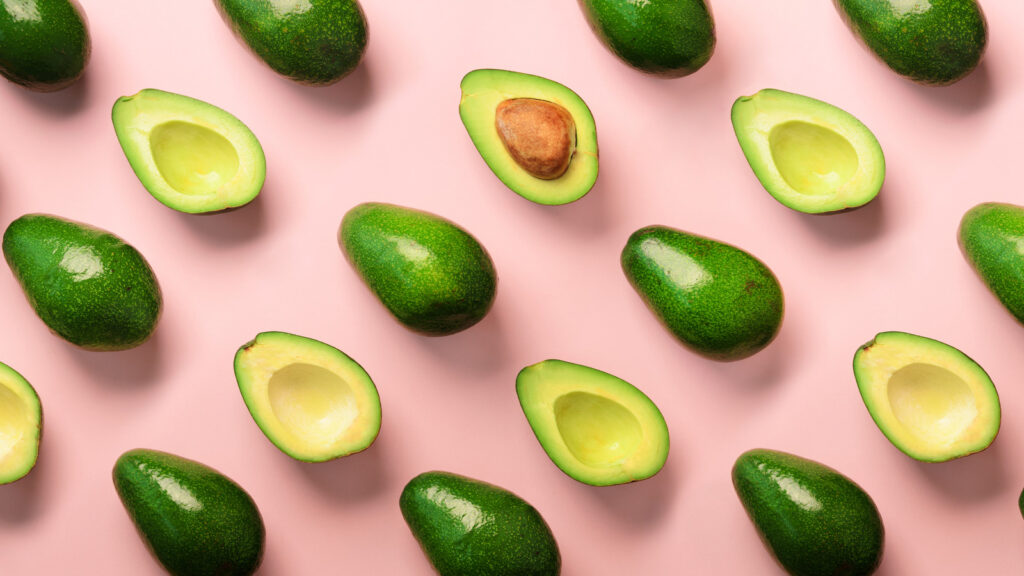Introduction:
Having an avocado allergy can be challenging, as avocados are widely used in various dishes and considered a healthy source of fats. However, with proper management and knowledge of avocado substitutes, you can still enjoy delicious meals without compromising your health. In this comprehensive guide, we will explore the nature of avocado allergies, how to identify and manage them, and provide a variety of alternative options to incorporate into your diet.
Understanding Avocado Allergies:
Avocado allergies are relatively rare but can cause mild to severe allergic reactions in susceptible individuals. The allergy is primarily triggered by a protein found in avocados called chitinase, which is also present in other fruits such as bananas, kiwis, and chestnuts. Symptoms of an avocado allergy may include itching or tingling in the mouth, swelling of the lips, tongue, or throat, hives, abdominal pain, vomiting, or difficulty breathing. In severe cases, an allergic reaction may lead to anaphylaxis, a life-threatening condition that requires immediate medical attention.
Diagnosis and Management:
If you suspect you have an avocado allergy, it is crucial to consult with an allergist for a proper diagnosis. The allergist will conduct a thorough medical history review, perform skin tests, and may also order blood tests to determine your specific allergen triggers. Once diagnosed, managing an avocado allergy involves strict avoidance of avocados and any food products containing them.
Avocado Substitutes:
While avocado substitutes may not perfectly replicate its creamy texture and taste, they can still provide similar nutritional benefits and enhance the flavor of your dishes. Here are some alternatives you can consider:
- Hummus: Made from chickpeas, hummus is a popular and versatile dip that can be used as a spread, dressing, or filling. It offers a creamy texture and a savory flavor, making it an excellent substitute for avocado in sandwiches, wraps, and salads.
- Nut and Seed Butters: Peanut butter, almond butter, sunflower seed butter, and tahini are rich in healthy fats and can provide a creamy consistency to your meals. They can be used as spreads or incorporated into dressings and sauces.
- Olive Oil: Extra virgin olive oil is a heart-healthy option that can be drizzled over salads, roasted vegetables, or used as a dip for bread. Its smooth texture and rich flavor can add depth to your dishes.
- Pureed Vegetables: Pureed cooked vegetables like cooked cauliflower, sweet potato, or pumpkin can be used as a substitute for avocado in recipes like guacamole or as a base for creamy sauces and soups.
- Coconut Cream: For desserts or creamy dishes, coconut cream can be a suitable substitute. It provides a rich and smooth texture and pairs well with tropical flavors.
- Yogurt: Greek yogurt or dairy-free yogurt alternatives can add creaminess to smoothies, dressings, and dips. Opt for plain, unsweetened varieties to control the flavor profile.
- Fresh Herbs: To mimic the vibrant green color of avocados, consider incorporating fresh herbs like parsley, cilantro, or basil into your dishes. They can provide a burst of flavor and add visual appeal.
Navigating Avocado-Free Menus:
When dining out or purchasing pre-made food products, it is essential to be vigilant about avocado ingredients. Read food labels carefully, inquire about ingredients at restaurants, and communicate your allergy to the waitstaff or chef to avoid any cross-contamination risks.
Conclusion:
Managing an avocado allergy involves understanding the nature of the allergy, proper diagnosis, and strict avoidance of avocados and related ingredients. By utilizing the avocado substitutes mentioned in this guide, you can still enjoy flavorful and nutritious meals without compromising your health. Remember to consult with a healthcare professional or allergist for personalized advice and guidance. With careful planning and creativity, an avocado-free diet can still be delicious and satisfying.

